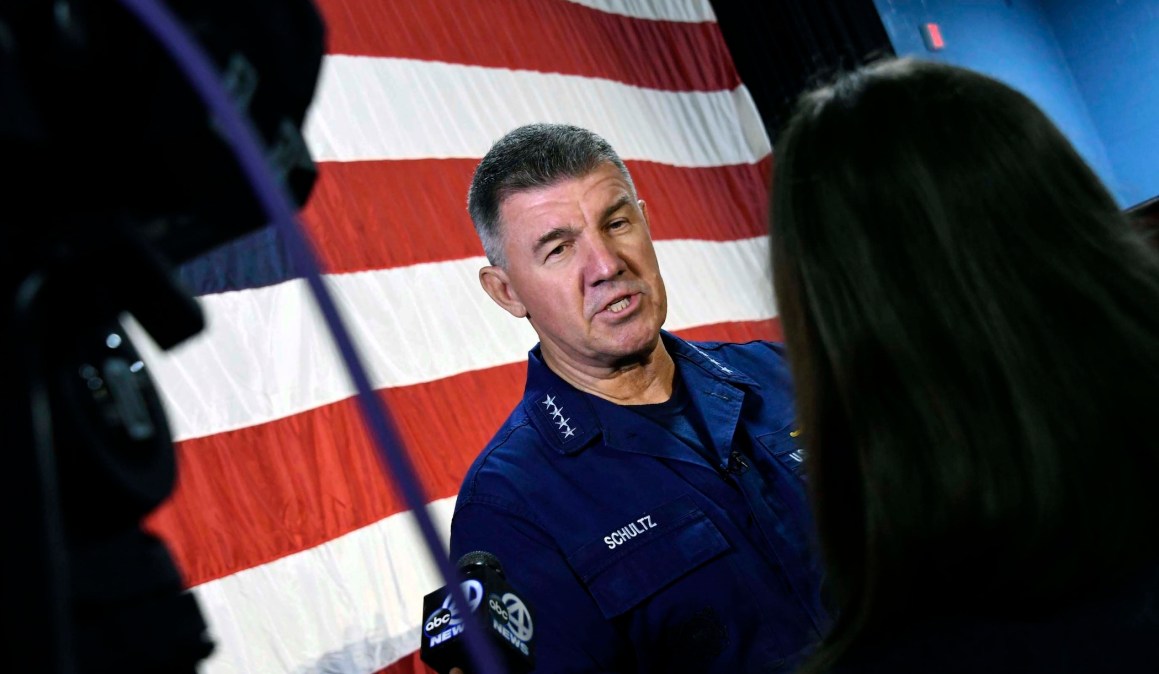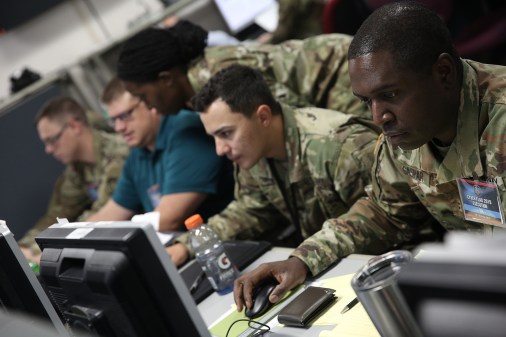Coast Guard adding Wi-Fi to cutters, tablets to command posts

The U.S Coast Guard, a year into its self-described “tech revolution,” is working to install Wi-Fi on its cutters to increase connectivity and modernizing other legacy systems in command posts.
The “underway Wi-Fi” will be added to two cutters this year in a pilot program, Adm. Karl Schultz, commandant of the Coast Guard, said in his State of the Coast Guard address last week. The pilot program, meant for vessels that are not at anchor, aims to also help guardsmen stay connected to family while deployed, a capability currently limited by the ’90s-era tech Schultz wants to replace.
The guard will also be replacing old desktops in command posts with mobile “two-in-one tablets” that will give leaders the ability to work from anywhere. Approximately 3,000 tablets will also be distributed to training centers across the country.
“At last year’s State of the Coast Guard, I announced a ‘tech revolution,’” Shultz said. “Since then, we’ve leaped-frogged ahead and — with the help of Congress — put the Coast Guard on a much better trajectory with regard to [command, control, communications, computers, combat systems and intelligence].”
The Coast Guard has struggled to modernize its systems, its leaders have said. Many of the systems that directly impact operations like countering drug smugglers or rescuing distressed vessels had to operate with limited connectivity and data. Watchdog agencies also found vessel tracking systems contained duplicate and faulty records due to a lack of automation.
Since his last State of the Coast Guard address, Schultz said the service has made some concrete progress with the launch of new apps and moving to systems that could support teleworking.
“In the past year, we’ve migrated to a cloud-based suite of collaboration tools and have increased the ability to connect our workforce, whether that be improved cutter connectivity both underway and in-port, or greatly enhanced telework capability,” the commandant said.
Much is left to be done, Schultz acknowledged. Work is still underway to modernize financial systems and other administrative tasks still largely done by hand. Schultz committed to using “big data” to further reduce costs.
The Coast Guard continues to rely on outside help for cybersecurity. About 20 cybersecurity auxiliarists — volunteers that work part-time — are now assisting on research and development projects to keep data secure from hackers, Schultz announced.


